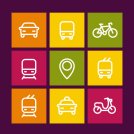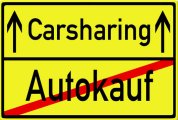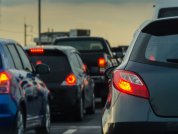Deutsche Bahn: On time means depart earlier in future

So far we were used to the rule that up to the scheduled time it was still possible to jump into the train. From now on, the train will start rolling already, i.e. the doors have to be shut earlier. Something like this we see already in the short-distance transport of a German large city, it is allowed to depart already 30 seconds before scheduled departure time. We do not have to understand this, but it is the way it is. We simply need to know it.
…





